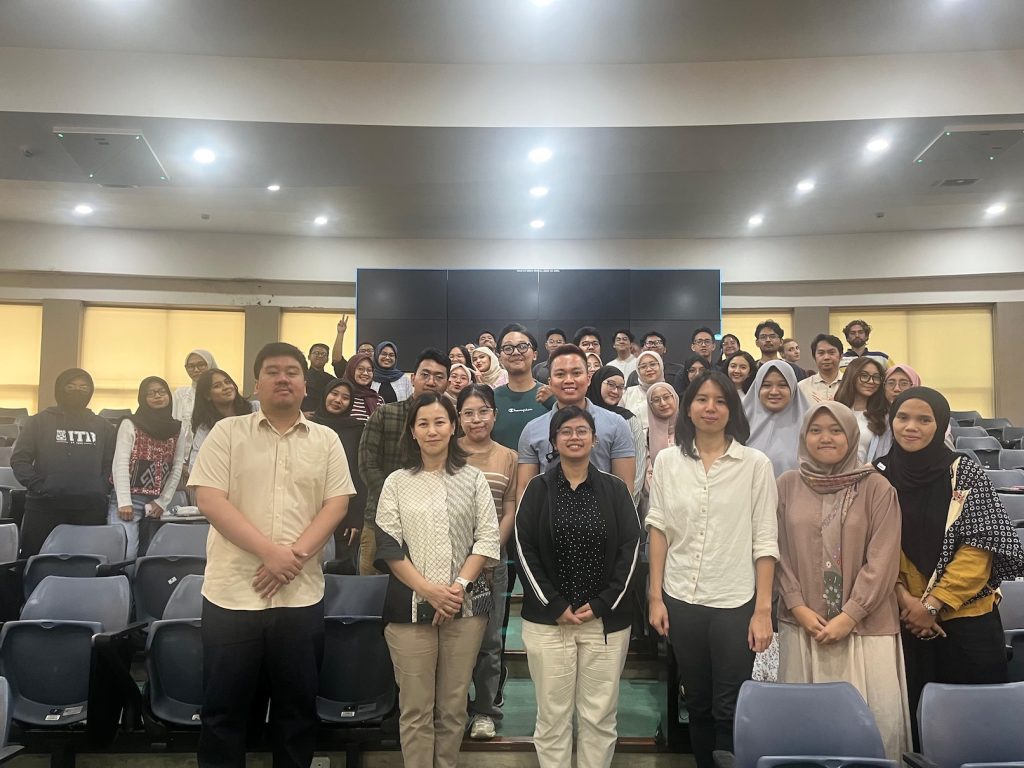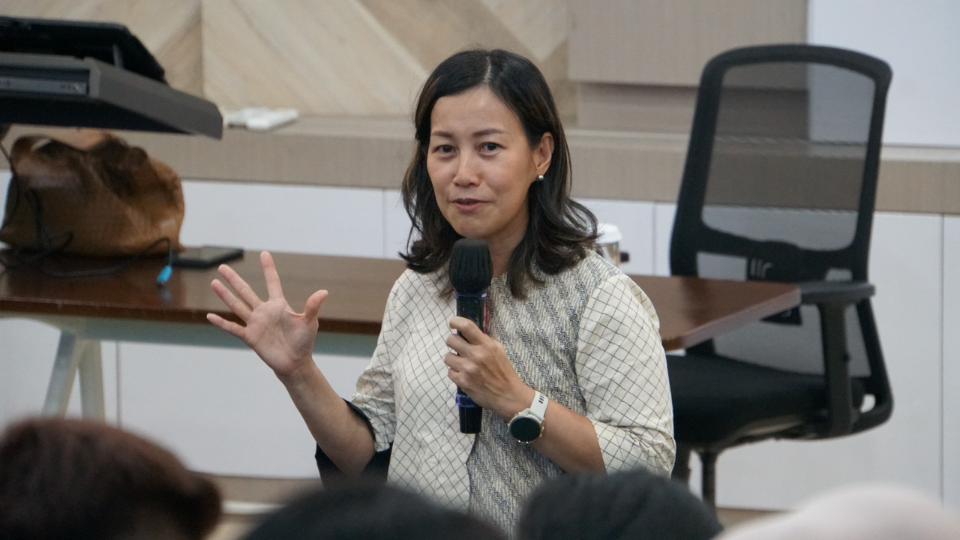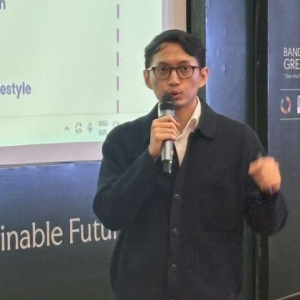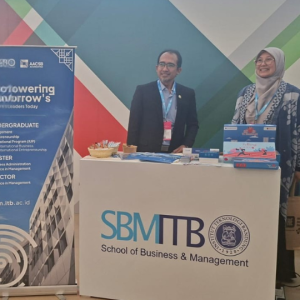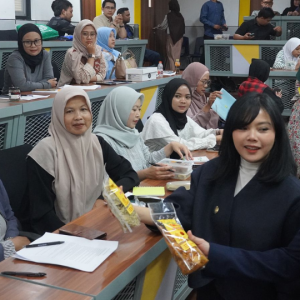Indonesia’s economic growth has drawn significant interest from global investors, not only through direct investment but also via private equity (PE), which continues to drive corporate growth and transformation across the country.
During a guest lecture at the SBM ITB, on Tuesday (20/5), Lany Djuwita Wong, Finance Director of PT Saratoga Investama Sedaya Tbk, an investment company based in Jakarta, shared insights on how private equity firms navigate opportunities and risks in developing markets like Indonesia
According to Lany, private equity firms serve as intermediaries between investors and companies. They raise capital from institutional investors and accredited individuals (limited partners) and invest it in private or public companies under the management of general partners (GPs). GPs then earn management fees and a share of the profits, particularly when returns exceed the hurdle rate, the predetermined minimum rate of return.
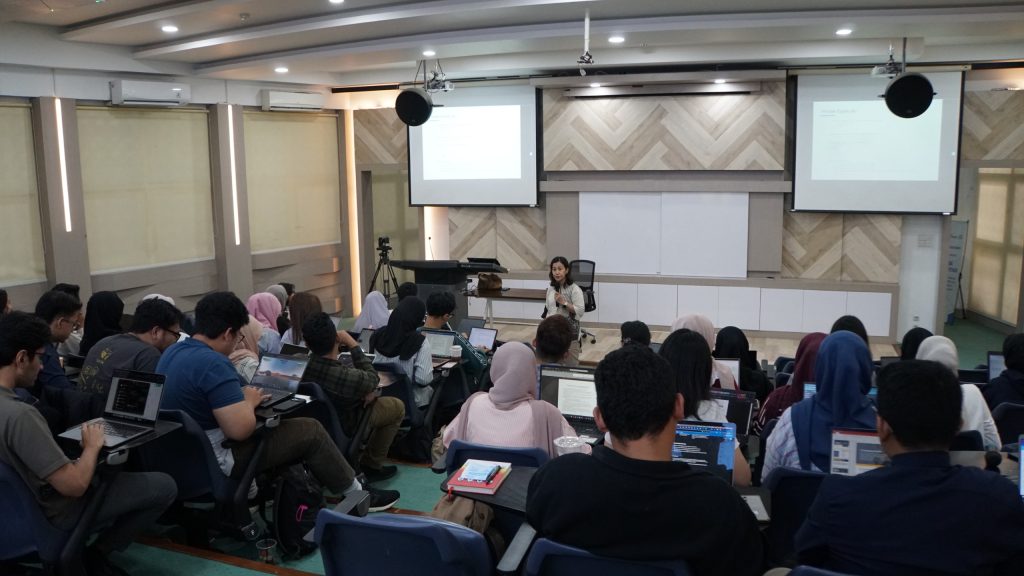
In her lecture, Lany outlined various types of private equity investment: Growth Equity, which targets mature companies seeking expansion; Venture Capital, which funds high-potential startups in early stages; and Leveraged Buyouts, where companies are acquired using significant debt, often for restructuring and performance improvement.
She emphasized that successful private equity (PE) investments require a clear value proposition, achieved through business restructuring, operational optimization, and a strong strategic focus on companies with proven profitability and scalability. Effective exit strategies are also essential, whether through an initial public offering (IPO), sale to another company, or secondary buyout.
“Accurate valuation is the backbone of PE investment,” Lany stated.
She explained that valuation methods vary depending on the investment stage, ranging from discounted cash flow (DCF) analysis and comparable company multiples to market benchmarks.
Lany also offered advice to students aspiring to enter the private equity industry. “In addition to technical and financial expertise, business intelligence, negotiation skills, and networking are equally crucial,” she said.
A deep understanding of the complexities of developing markets, including regulatory changes, political risks, and macroeconomic trends, is a key differentiator in this competitive field. As Indonesia’s private equity landscape matures, the demand for professionals with analytical depth and strategic vision is expected to grow.
